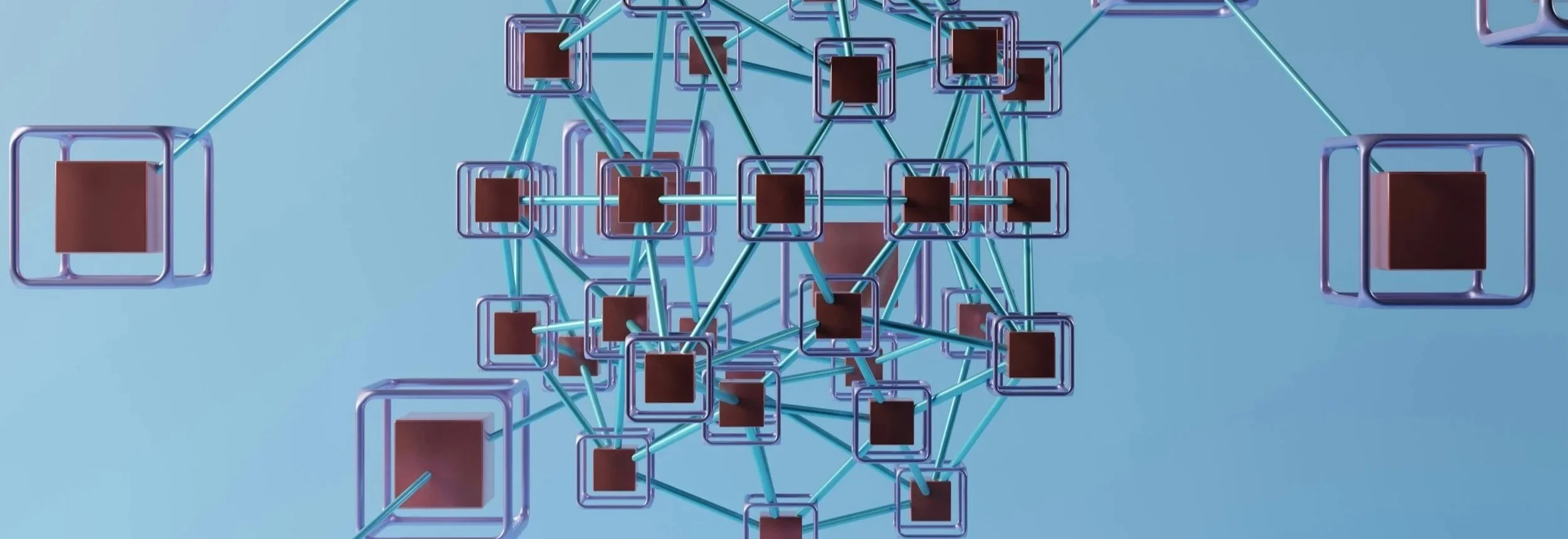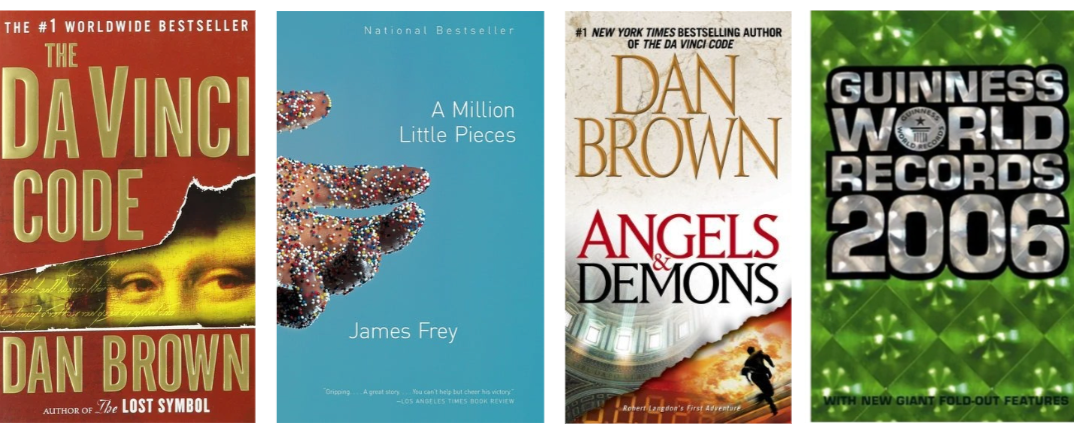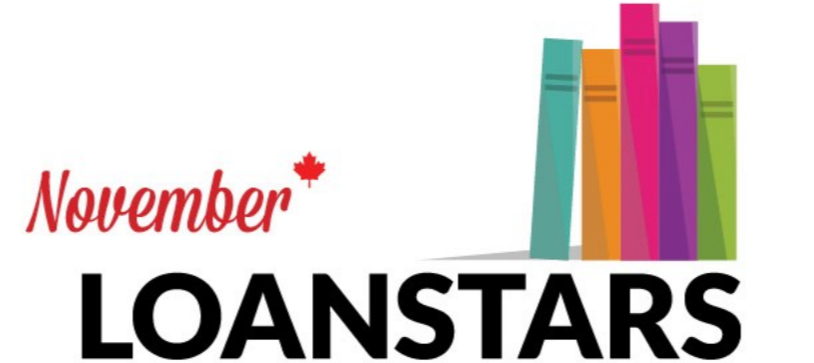Our PubFight game came to an end at the beginning of January, so this month we interviewed our All-Star players about the strategies they employed this season, whether they were successful or not, what they learned, and apparently most importantly, how they felt about the trash talk.
Want to make sure you never miss an episode of the podcast? You can subscribe for free on iTunes, Stitcher, Pocket Casts, TuneIn, or SoundCloud.
Further reading:
The road to the All-Stars finale: All the blog posts about this league
More information and how to sign up for PubFight
Transcript
Ainsley Sparkes: Hello, and welcome to the BookNet podcast. I'm Ainsley Sparkes.
This month, we're talking about a fantasy publishing league. Specifically, our PubFight league: a fiercely competitive fantasy publishing game that teaches inventory and P&L management using real market data. The first game started way back in March 2008 at our Tech Forum conference.
Here's how it works. Teams or individuals form a publishing company and acquire a frontlist from a list of real titles in a fierce auction at the Fakefurt Book Fair. Once they have their titles, they make forecasts, order initial print runs, and then follow the sales of their list when the game goes live. The simulation uses actual sales data so the market is accurately reflected. Players have to monitor stock closely and reprint wisely in order to earn out the advances they paid for their titles. The publishing company with the highest profits wins the league.
This year, we added an extra twist to the game. We put together an All-Star league made up of past winners who are still passionate about PubFight even after all this time and who agreed to let us post about them on the internet.
And now, they've agreed to talk to us for this podcast. First up, let's meet the winners from Same Book, Different Pile.
Nikole: You wanna go first?
Kristen: No, you're gonna go first.
Nikole: Okay. My name is Nikole Kritikos. I am co-founder of Same Book, Different Pile Inc. So, my partner Kristen and I were league winners for two or three years running in our office competition, and I believe there was one year where we won the overall, full-on PubFight year, and that's why we got recruited for the all-star league, because we're just that good.
Kristen: Yeah, and I'm Kristen Myhill, and I would just say about our team that we're a very unique blend of strategy coming from two different sides of the publishing industry, marketing and sales. It's a dream team, frankly.
Ainsley: I mean, clearly it's a dream team since you won the PubFight All-Star League. How does it feel to have won?
Nikole: I'm not gonna lie, really good. For a cold, bitter, cripplingly depressing January day, it was pretty awesome, because we don't win much in life anymore really, in the grand scheme of things.
Kristen: No, and you know, it was pretty fun because our season started out slowly but we were very mentally prepared for that, but we had a very strong, strong finish.
Nikole: Yeah.
Ainsley: So, did you see your win coming or were you taken by surprise completely?
Nikole: Kristen was confident from the get-go that other teams had no idea what they were doing and didn't realize what we had in our hands, whereas I was lamenting daily about how much money I had spent on numerous titles. And then, once Michelle Obama went on that media tour, I suddenly lost all concern.
Though not always 100% confident during the season, they were still triumphant, so we asked them for sage advice for future PubFight players.
Ainsley: So, as the winningest publishing house in the history of PubFight by virtue of being the All-Star winner, what advice do you have for next year's players to get to the top of their league?
Nikole: Oh, a lot. First of all, not blowing all of your auction money is not a strategy. It doesn't work. You can win this thing without Grisham or Guinness Book of World Records, it's just you gotta get inside the mind of middle aged women. What does she want to read? Because don't forget that women drive this industry. They buy the books and they read the books. Get a hockey book on your list every time. Don't ask yourself if Canadians really want another hockey book, because they just do — every time.
Ainsley: So clearly, your strategy for this year's PubFight worked out for you.
Nikole: Well, because...okay. You know, we adopted a spend or pretend philosophy this year, and sometimes, you just kinda got caught up in spending all that fake print run-money. It just felt so decadent. In another year, it might not have worked in our favour, but this year, it did.
When we asked the rest of the PubFight All-Star players about their strategies, we got a variety of answers, as different as the players themselves. Here's Sian Bumsted of Bookstore Baby Publishing.
Sian: So, my name is Sian Bumsted. I do not currently work directly in publishing, although my family owns the Whodunit Mystery Bookstore in Winnipeg, for which I still do most of the social media, and I write the newsletter and whatnot. So I still have ... more than a hand in, probably.
Sian had a strategy where she tried to fly under the radar.
Sian: I was hoping to buy a big book, like the Grisham, which I did, and then some big sleepers that I wouldn't have to pay as much money for, because when I won, I won with the Christopher Paolini Inheritance that I don't think I paid that much money for. So, yeah, I was hoping to I guess be a bit sneaky.
Ainsley: I was gonna ask you how the strategy worked out for you, but it sounds like...
Sian: Well, I mean, it did not work out for me. Another thing is, don't buy kids books, man. Those middle grade books that cost less than $20, you can sell, as I did, 85-86,000 of them and you still don't make enough money. You gotta get those big, door stopper, YA hardcovers that are priced a little higher.
Others had a more competitive outlook, like Richard Nadeau of Donkey in the Fog Editions.
Richard: Yes, my name is Richard Nadeau. I'm the Executive VP and Owner of Figure 1 Publishing, Vancouver.... So I decided to not necessarily go for the usual suspects, at least compared to the ones I've gotten in the past, like Grisham and the Guinness Book of Records. So, I was gonna just try to push people up on the bidding for those but not get them, and go for something else.
Ainsley: That's a risky strategy.
Richard: Yeah.
Tan: My name is Tan Light. I'm the Sales Manager at the Literary Press Group of Canada.
Tan Light of Tartan Skull had to make the best of it when she missed the auction.
Tan: So my strategy was to pick the best of the remaining titles and kind of to wing it, which really didn't work out for me. I started out at the top of the pack only because my advances and printing costs were much smaller than everyone else's, and it only took about three weeks for the other players to pass me with their actual earnings.
Ainsley: At least you were at the top at one point in the game.
Tan: For one minute, everyone thought that I was a contender, so it was a good minute.
And lastly, one player in particular had a very methodical approach to auction prep: Last Word Press's Bryant Harte.
Bryant: Yes, I'm Bryant Harte. I'm Director of Inventory Planning at the Penguin Random House Canada. So, the strategy that I've employed is very similar to the one that I've taken in previous years, which I have a net profit target that I figure will get me to the winning platform, and then, based on my individual forecast, title by title, have an amount set aside for each of them as the maximum that I would bid on during the auction.
Ainsley: For every title in the auction?
Bryant: For every title, yes. I forecast every title in the auction.
Ainsley: That sounds like a lot of work.
Bryant: It's more fun than work. It's not that...you know, it doesn't take that long. I take a Saturday, I go through most of the titles, and you go through. It's very quick to just quickly see on BookNet what previous sales have done for that same window, and yeah, it's not that tough. And usually — usually, I'll say, unless unique circumstances come about, which we're probably talking about soon — it usually works.
Ainsley: And so, how did it work for you this year?
Bryant: Well, this year, I will say that on the net profit end, I figured that about $4.5 million would get me to the winning podium, figuring there's about six teams and there's only so much money out there in the sales to be able to get, figured that would be enough to put me up there. Now, in the end, I did get $4.5 million worth of profit, so check, that worked. What I did underestimate was the volume of sales that Michelle Obama would represent.
The Obama factor took many of our players by surprise this year. It was a theme that kept coming up in our post-game interviews.
Ainsley: Were you surprised at Michelle Obama's book and how well it did?
Nikole: No. I'm surprised at how much I should have known. I thought what we initially went with was already ambitious enough, and then once I thought about it, I'm like, "What am I thinking? Every woman ever is gonna come out of the woodwork, she's never bought a book before, to buy this book." That's what happened, let's be honest.
Richard: Yeah, I mean, the Michelle Obama, obviously, I don't think anyone, when we were doing the auction, was really picking that to be a blowout.
Sian: But I did not see the Michelle Obama coming.
Tan: Number one in your strategy should be attending the auction and I'm going to say number two from now on should be attention to Michelle Obama.
Bryant: I think this is probably gonna be across the board that Michelle Obama was definitely the big surprise of the year. I will say, though, maybe coming from Penguin Random House I should've known better, but if I am gonna go down, I am happy that it is one of my company's titles that did it to me.
When we asked them how playing in the All-Star League was different than playing in the house leagues, they mostly talked about how difficult is was to trash talk the other players when they didn't know each other and weren't in the same office.
Sian: And I mean, the times that I was in the office were better because, as soon as the sales go up, you can instantly go taunt people and trash talk them to their face, which is more fun. And I'm not afraid to say this, I trash talked less than I intended to because one of the other participants gets real mean, so I wasn't sure that I could take his data-oriented trash talking, so sometimes I didn't say anything because I was like, "Oh, he's just gonna be mean back to me."
Tan: Oh, my gosh. The smack talk was just incredible. These guys are all-stars both in their ability to pick good books but also to hit each other where it hurts without being rude in any way.
Nikole: I definitely had to dial down the potty mouth because I was ... some of the drafts I created for the trash talking, I quickly deleted and watered down.
Kristen: It's different when it goes into print.
Nikole: Yeah, exactly. But what I did actually kind of miss, I sort of wished all of the all-star people were in our office because I kind of missed that dramatic moment when the sales data would drop and we could all react.
Bryant: It is a little bit different when you can't just sort of walk by someone's desk and trash talk them about how they're performing.
Ainsley: That's funny, that's the same answer that everybody else has had, that they missed in-person trash talking. I knew the trash talking was integral to the game of PubFight, but I didn't know how much.
Bryant: It is, and I think you don't want to...especially if you don't know the people, you don't wanna go out guns blazing on people and just make them feel bad if they're really far down.
Some sat out the trash talk.
Richard: It's just not my...I'm not good at it, so I let the pros take care of that. There were some good lines thrown out. It was fun to watch but I just kinda watched.
Some highlighted that the difference when playing in the PubFight All-Star League was the calibre of the players.
Richard: Oh, I think that, basically, everyone knew really what they were doing and knew all the things to look for. They have experience. Everyone in the All-Stars was at the top of their game. Yeah, there were no weak people.
Tan: It was very clear to me that these players invest a lot in their lists.
One other difference that we can't quite get over was the humiliation that came with second place in a previous league.
Sian: At Simon & Schuster, we had this thing where the person came in second had to write a poem about the person who came in first, so that was always sort of a fun thing.
Ainsley: If I weren't winning, I would try just to get to the very bottom then. I would not want to be second. That is a hard thing to do.
Sian: Well, because then, we'd have a get-together at the end and then the person had to recite it to the winner.
And the winners shared their disadvantage and how that made their win even sweeter.
Kristen: What the big difference in playing out-of-house for us this year is that we were the only kids-only publishing team, so we didn't have some insight into the adult world that some of our competitors certainly had in terms of what their marketing plans were, etc.
Nikole: Yes, great point.
Kristen: So I think that makes our win even sweeter.
Nikole: Yep. Good point. Solid point. Keep that, Ainsley.
Ainsley: Okay, I'll flag that part. Put that in there. "They played even under duress."
Nikole: Exactly. We were just guessing every time.
We also asked teams what surprised them about this year's play, and other than Obama's sky-high sales, they shared other things they found surprising.
Nikole: Oh, I was incredibly surprised that Star Trek fans had no interest in William Shatner's biography. I'm still flummoxed by how that book didn't sell. I thought those weirdos bought everything that had to do with...
Kristen: That's bios, you just never know.
Nikole: You never know.
Kristen: They're either Michelle Obama or they're William Shatner, and there's really no in between.
We asked about the things they learned. Sian talked about learning that your favourites are not necessarily going to be the biggest sellers.
Sian: So you're always a little bit upset when a book that you love, and that you really care about, and you think it's wonderful is sort of meh. And so, I bought the new Deborah Harkness because I loved that series. And it was like, I made money on it but it wasn't a big book, and for me, that that was the biggest book of the fall, right? Of my personal fall. It's not the biggest book of publishing fall.
Ainsley: That was a lesson I learned in PubFight early. You have to divorce your emotional preferences from the game.
Sian: Exactly. Exactly.
Tan found it brought into stark relief the differences between independent Canadian publishing and big house publishing.
Tan: Actually, it confirmed for me the realities of independent Canadian publishing versus big house Canadian publishing.
Ainsley: How so?
Tan: Just the scale of things. I don't wanna say experience, because there area lot of small Canadian publishers with decades of publishing experience, and they're really good at finding their community. But in terms of the books that are going to sell, I don't know, 100,000 copies or whatever ... it's not just something that I've experienced in my real job, so it was a reminder to me about kind of the larger book industry in Canada and not just the independents, which is so much of what my focus is in my day-to-day. So it was interesting to me.
What did they learn about themselves? The winning team found their competitive spirit.
Nikole: So, Kristen grew up playing sports and actually being competitive, and is always very open about her competitive spirit. I didn't realize how much I wanted to win until there was a possibility that I might not win, early on when our books hadn't really pubbed yet. So, yeah, it brought out a really psychotic spirit in me that I'm happy to know was there.
Ainsley: Nice to be able to tap into that as needed.
Nikole: I think it's important. Yeah, for sure.
Kristen: You know, I'm just happy that we were able to recreate the experience of the last time we teamed up and won. It's just such a fun way to sort of connect with your teammate. It was a really positive experience.
Nikole: Yes.
Ainsley: All right. Well, that's all I had to ask. Is there anything else you wanted to add to your legions of adoring fans?
Nikole: No. We just wanna tell people who are considering playing next year that we're available for mentorships and good advice.
Ainsley: Okay. Yeah, work out your per hour charge for that.
Kristen: Yeah. And any speaking engagements that come up.
So there you have it, the ins and outs of the PubFight All-Star League from the players themselves.
If you're interested in playing PubFight next year, we offer two kinds of leagues, and there is no charge for playing. Our live trade league is for industry professionals with access to SalesData. This league starts up annually in late July and lasts until January. Or our educational leagues, which use archived rather than live data. Course instructors can have a league set up for their students at any time of year, and the time frame can be accelerated to suit class schedules. Go to booknetcanada.ca/pubfight to learn more and to sign up.
Thanks to all our PubFight All-Star players for agreeing to talk to us for this podcast, and of course, thanks to the Government of Canada for their ongoing support for this project through the Canada Book Fund.














We’re seeking book industry professionals who are actively experimenting with AI tools in thoughtful and ethical ways.